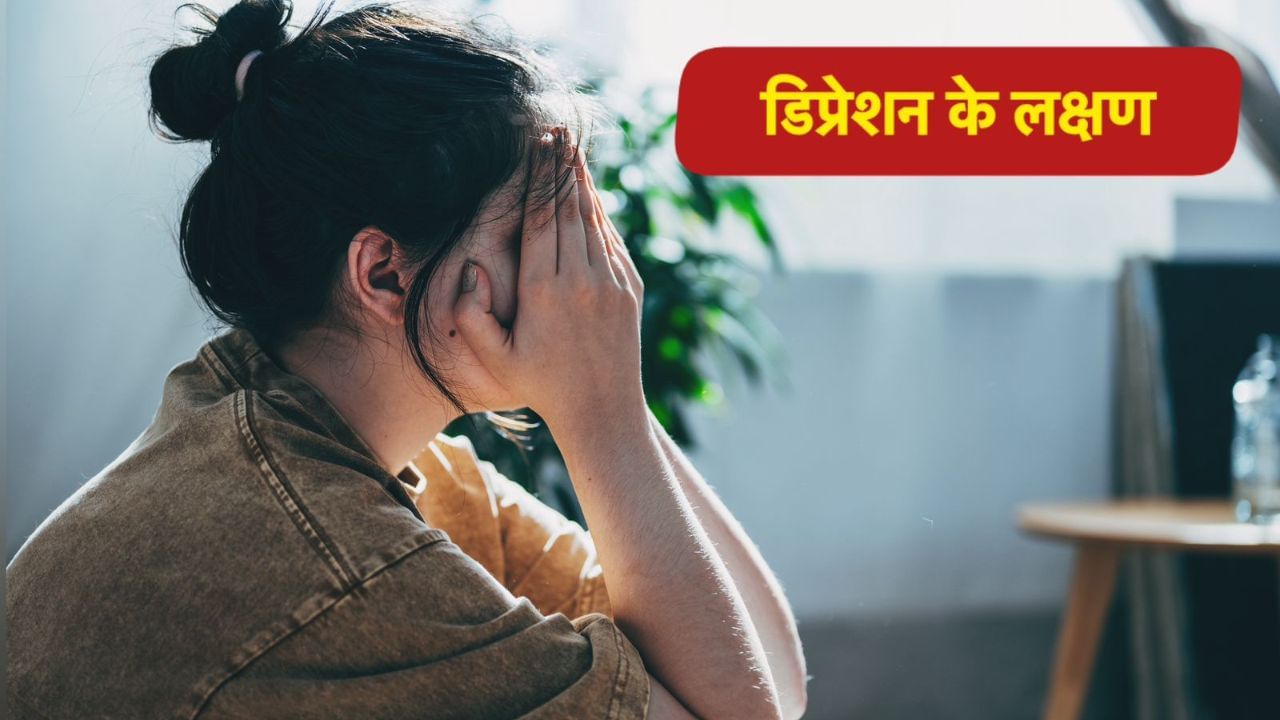risk of depressionImage Credit source: Getty Images
World Mental Health Day: Every year millions of people around the world are suffering from depression. WHO report According to, more than 28 crore people are facing this problem. It is not just a mental condition, but a serious mental problem, which affects the way a person thinks, feels and lives. In depression, a person feels constant sadness, despair and lack of confidence. If timely identification and treatment is not received, it has a deep impact on daily functioning, relationships and physical health.
depression There can be many reasons for this, prolonged stress, instability in relationships, financial or career related failure, loneliness, hormonal changes, lack of sleep or facing a serious illness. Sometimes due to genetic reasons a person is also prone to depression. People who are more sensitive in nature, feel the events of life deeply or remain worried frequently, this risk is higher. Apart from this, hormonal fluctuations in women and social media pressure among the youth are also becoming a major reason. Lack of mental and emotional support also aggravates this situation.
What are the early symptoms of depression? When does it become dangerous?
Dr. A.K. Vishwakarma in the psychiatry department of Ghaziabad District MMG Hospital. It is said that depression often starts gradually. Early symptoms include persistent sadness, loss of interest in work, changed appetite or sleep patterns, and feeling worthless or guilty. The person may feel that there is nothing good left in life or he does not find happiness in anything. As the situation becomes serious, the person starts distancing himself from people, stops talking and prefers solitude.
In severe depression, a person’s thoughts start going in the direction of suicide or self-harm. This is a situation when immediate help of a psychologist or psychiatrist is necessary. If these signs are seen in a person for a long time, then they should not be ignored. Depression can be completely controlled with timely identification and treatment.
how to protect
Don’t suppress your feelings, talk to someone you trust.
Eat healthy diet and adequate sleep.
Include exercise, yoga or meditation in your daily routine.
Limit social media use.
If you feel persistent sadness or despair, consult a counselor or doctor.
Make time for your hobbies and favorite activities.
